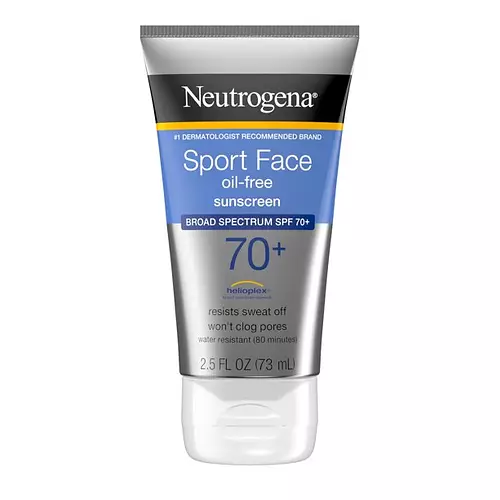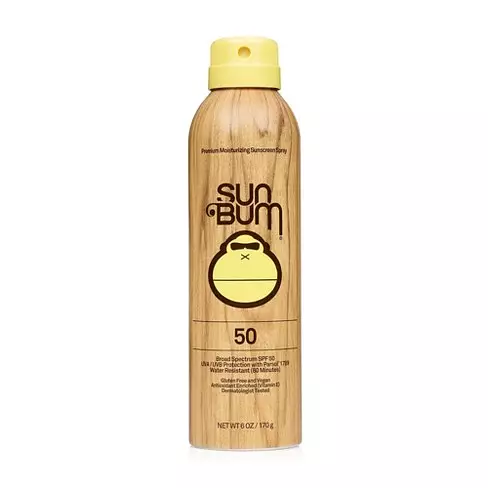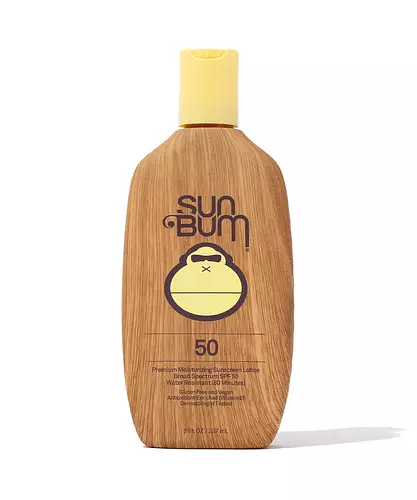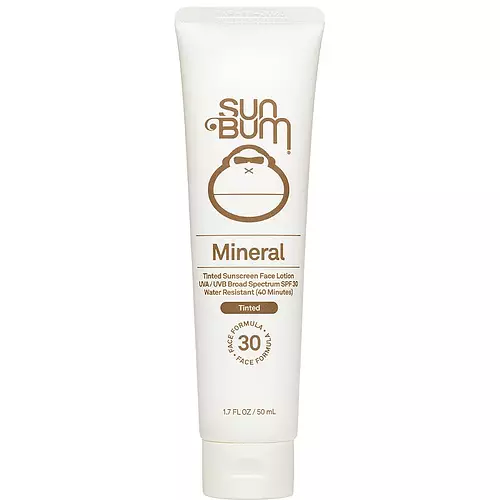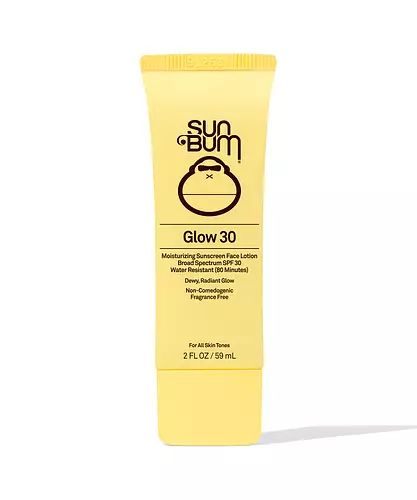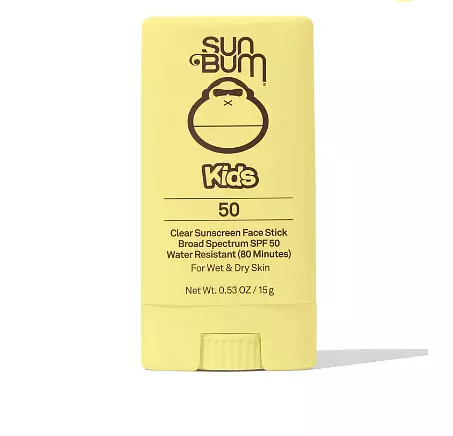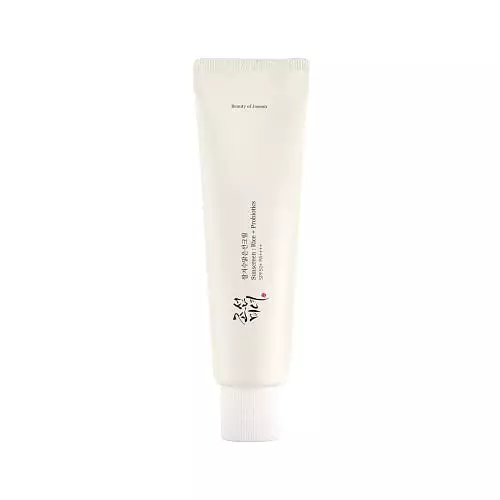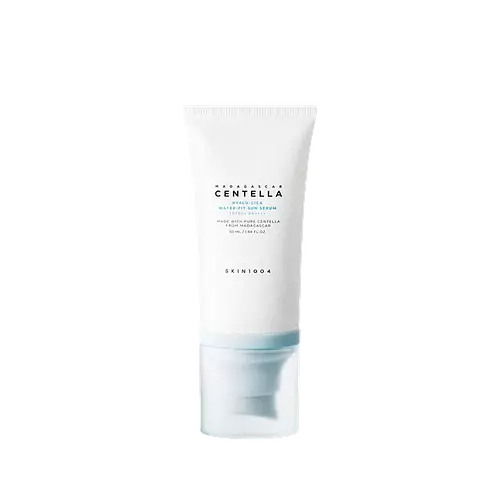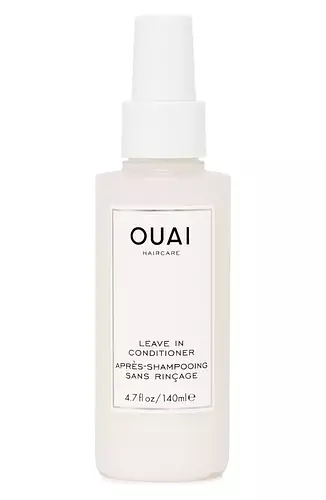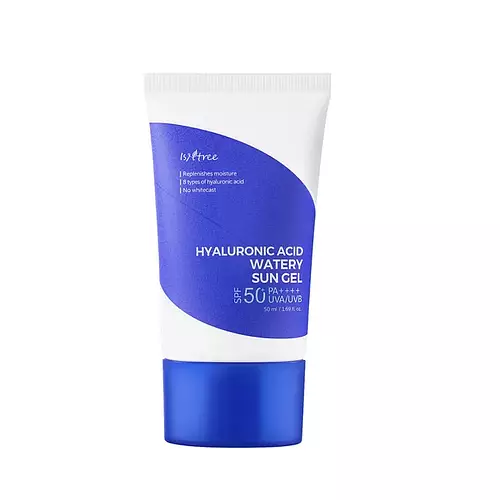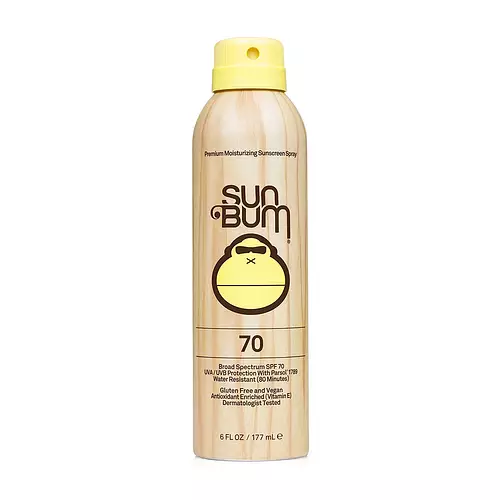
Sun Bum Original SPF 70 Sunscreen Spray Ingredients Explained
Published on July 28, 2022 Submitted by GulluDee
Overview
What it is
Sunscreen with 13 ingredients that contains SPF, Vitamin C and Vitamin E
Cool Features
It is vegan and cruelty-free
Suited For
It has ingredients that are good for brightening skin
Free From
It doesn't contain any common allergens, oils, parabens or sulfates
Fun facts
Sun Bum is from United States. This product is used in 2 routines created by our community.
We independently verify ingredients and our claims are backed by peer-reviewed research. Does this product need an update? Let us know.
Sunscreen with 13 ingredients that contains SPF, Vitamin C and Vitamin E
Quick info
You should know
Notable Ingredients
This product contains 2 ingredients that may have this attribute:
This product contains 1 ingredient that may have this attribute:
This product contains 1 ingredient that may have this attribute:
Benefits
This product contains 2 ingredients that may have this attribute:
Concerns
This product contains 1 ingredient that may have this attribute:
This product contains 1 ingredient that may have this attribute:
This product contains 1 ingredient that may have this attribute:
This product contains 3 ingredients that may have this attribute:
This product contains 2 ingredients that may have this attribute:
Ingredients 13
Homosalate is a chemical sunscreen filter that provides protection in the UV-B range (280nm - 320 nm), with a peak protection at 306 nm. It is internationally approved for use in sunscreens.
Ethylhexyl Salicylate is an organic compound used to block UV rays. It primarily absorbs UVB rays but offers a small amount of UVA protection as well.
Alcohol Denat. is an alcohol with a denaturant property. It is created by mixing ethanol and other additives. It has a low molecular weight and will evaporate quickly. This helps other ingredients become better absorbed and dry once applied.
Dimethicone is a silicone used for making products smooth and silky. It also has the added benefit of sealing in hydration. The amount of dimethicone found in beauty products is considered safe and non-comedogenic, meaning it won't clog pores.
Cyclopentasiloxane is a silicone used to improve texture and trap moisture. An easier name for this is D5.
Parfum is a catch-all term for an ingredient or more that is used to give aroma to products. Parfum, or fragrance, can be a blend of hundreds of chemicals or plant oils. This means every product with "fragrance" or "Parfum" in the ingredients list is a different mixture.
Tocopheryl Acetate is AKA Vitamin E. It is an antioxidant and protects your skin from free radicals. Free radicals damage the skin by breaking down collagen.
Ascorbyl Palmitate is created by combining pure Vitamin C and palmitic acid. It is an antioxidant and helps reduce hyperpigmentation.
Ingredient Ratings
Based on the number of likes and dislikes each ingredient has received.
Ingredients Explained
Homosalate is a chemical sunscreen filter that provides protection in the UV-B range (280nm - 320 nm), with a peak protection at 306 nm. It is internationally approved for use in sunscreens.
Homosalate is not photo-stable, meaning it's strength as a UV filter degrades over time with exposure to the sun. Because of this, it's often used in combination with other chemical sunscreen filters as avobenzone (which protects from the UV-A range). Homosalate also helps act as a solvent for harder-to-dissolve UV filters.
(Part of the reason that sunscreens need to be frequently re-applied is due to the photo instability of many chemical sunscreen filters)
Currently, homosalate is approved in concentrations up to 10% in the EU and 15% in the US. The FDA is currently doing further research on the effects of homosalate, and it is possible that these approved concentrations will change in the future.
Learn more about HomosalateEthylhexyl Salicylate is an organic compound used to block UV rays. It primarily absorbs UVB rays but offers a small amount of UVA protection as well.
Commonly found in sunscreens, Ethylhexyl Salicylate is created from salicylic acid and 2-ethylhexanol. You might know salicylic acid as the effective acne fighter ingredient and BHA.
The ethylhexanol in this ingredient is a fatty alcohol and helps hydrate your skin, similar to oils. It is an emollient, which means it traps moisture into the skin.
According to manufacturers, Ethylhexyl Salicylate absorbs UV wavelength of 295-315 nm, with a peak absorption at 307-310 nm. UVA rays are linked to long term skin damage, such as hyperpigmentation. UVB rays emit more energy and are capable of damaging our DNA. UVB rays cause sunburn.
Learn more about Ethylhexyl SalicylateAlcohol Denat. is an alcohol with a denaturant property. It is created by mixing ethanol and other additives. It has a low molecular weight and will evaporate quickly. This helps other ingredients become better absorbed and dry once applied.
Alcohol Denat. is volatile and may cause irritation. It helps draw out natural oils in skin and dry out your skin.
One study from 2005 found adding emollients to propanol-based sanitizer decreased irritation.
Alcohol is antibacterial by nature. This can help preserve products and increase their shelf life.
Other types of astringent alcohols include:
Learn more about Alcohol Denat.Polyester-8 is not reef safe.
We don't have a description for Acrylates/Octylacrylamide Copolymer.
Dimethicone is a silicone used for making products smooth and silky. It also has the added benefit of sealing in hydration. The amount of dimethicone found in beauty products is considered safe and non-comedogenic, meaning it won't clog pores.
Dimethicone has been found increase absorption in skin, boosting the benefits of other ingredients. While there is concern for the safety of dimethicone, the levels used in skincare are safe for use.
We don't have a description for Ppg-5-Ceteth-20.
We don't have a description for Acrylates/Dimethicone Copolymer.
Cyclopentasiloxane is a silicone used to improve texture and trap moisture. An easier name for this is D5.
D5 is considered lightweight and volatile. Volatile means it evaporates quickly after application. Once evaporated, D5 leaves a thin barrier that helps keep skin hydrated.
D5 is an emollient. Emollients help soften the skin and prevent water loss. Silicones create a silky texture in products. D5 helps other ingredients become more spreadable.
Studies show D5 is safe to use in skincare products. We recommend speaking with a skincare professional if you have concerns.
Learn more about CyclopentasiloxaneParfum is a catch-all term for an ingredient or more that is used to give aroma to products. Parfum, or fragrance, can be a blend of hundreds of chemicals or plant oils. This means every product with "fragrance" or "Parfum" in the ingredients list is a different mixture.
In the US, the alternative name for parfum is 'fragrance'. The term 'fragrance' is not regulated in many countries. In many cases, it is up to the brand to define this term.
For instance, many brands choose to label themselves as "fragrance-free" because they are not using synthetic fragrances. However, their products may still contain ingredients such as essential oils that are considered a fragrance. One example is Calendula flower extract. Essential oil ingredients still impart a scent or 'fragrance'.
Depending on the blend, it can cause allergies and sensitivities on the skin. Some ingredients that are known EU allergens include linalool and citronellol.
Products use parfum often to give products a scent or cover up smells of different ingredients.
The bottom line is: not all fragrances/parfum/ingredients are created equally. If you are worried about fragrances, we recommend taking a closer look at an ingredient. And of course, we always recommend speaking with a professional.
Learn more about ParfumTocopheryl Acetate is AKA Vitamin E. It is an antioxidant and protects your skin from free radicals. Free radicals damage the skin by breaking down collagen.
One study found using Tocopheryl Acetate with Vitamin C decreased the number of sunburned cells.
Tocopheryl Acetate is commonly found in both skincare and dietary supplements.
Learn more about Tocopheryl AcetateTrisiloxane is a type of silicone.
Ascorbyl Palmitate is created by combining pure Vitamin C and palmitic acid. It is an antioxidant and helps reduce hyperpigmentation.
Antioxidants help fight free-radical molecules, or molecules that may break down skin cells. Antioxdants help reduce signs of aging.
Ascorbyl Palmitate is a stable version of Vitamin C, meaning it does not disintegrate when exposed to sunlight. However, studies show it does not penetrate skin as well as pure Vitamin C.
Read more about other types of Vitamin C:
Learn more about Ascorbyl PalmitateWhen to use
How this product is used by our community
Directions
Apply liberally 15 minutes before sun exposure. Reapply: After 80 minutes of swimming or sweating. Immediately after towel drying. At least every 2 hours.
Apply liberally 15 minutes before sun exposure. Reapply: After 80 minutes of swimming or sweating. Immediately after towel drying. At least every 2 hours.
Compared With
Here are some products that it's often compared with
More Sun Bum Products
See all Sun Bum productsMore Sunscreens
See all sunscreensWe're dedicated to providing you with the most up-to-date and science-backed ingredient info out there.
The data we've presented on this page has been verified by a member of the SkinSort Team.
Read more about us

